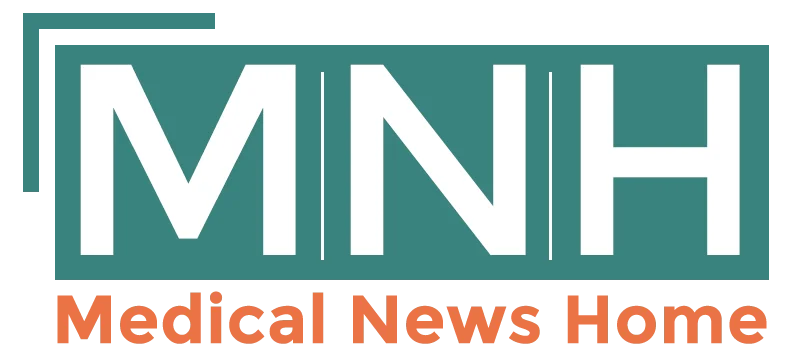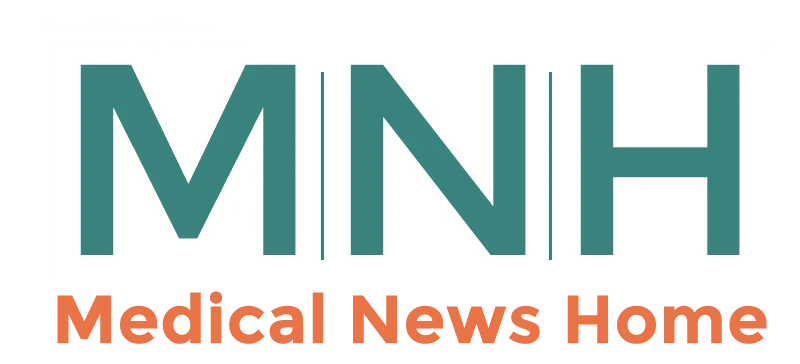The Use of Blockchain Technology in Healthcare
- Updated on: May 7, 2025
- Published on Jan 24, 2023

Blockchain technology and its potential use cases in healthcare
Blockchain technology is a decentralized and distributed digital ledger that uses cryptography to secure and validate transactions. It was initially developed as the underlying technology for the digital currency, Bitcoin, but its potential applications extend far beyond just financial services. One area that is of particular interest is healthcare, where blockchain technology has the potential to revolutionize various aspects of the industry.
In healthcare, blockchain technology can be used to store and manage various types of data, including electronic health records (EHRs), clinical trial data, medical billing and claims information, and supply chain data for pharmaceuticals. By using blockchain, healthcare organizations can ensure that data is secure, transparent, and tamper-proof, while also improving interoperability between different systems. Additionally, blockchain technology can help to increase efficiency, reduce costs, and improve patient outcomes.
Advantages of using blockchain in healthcare
Blockchain technology has several advantages when it comes to healthcare, which makes it a promising solution for various challenges faced by the industry. Some of the main advantages include:
- Secure and transparent data storage: Blockchain technology uses advanced cryptography to secure and validate transactions, making it virtually impossible for data to be tampered with or altered. This can provide a high level of security for sensitive patient data, such as EHRs and personal information. Additionally, blockchain is a decentralized and distributed system, making data stored on it transparent and accessible to all authorized parties.
- Improved interoperability: Blockchain technology can enable better interoperability between different healthcare systems and organizations. By using a common platform, data can be easily shared and accessed by authorized parties, regardless of their location or the systems they use. This can lead to better patient outcomes and improved coordination of care.
- Better patient data privacy and security: Blockchain technology allows for patient-controlled data access, enabling patients to share their medical information with healthcare providers on a need-to-know basis. This means that patients retain control over their personal information and can decide who has access to it. Furthermore, the immutability feature of the blockchain, that is the unchangeable record, helps to prevent unauthorized access, breaches or loss of data
- Increased efficiency and cost savings: Blockchain technology has the potential to automate and streamline various processes in healthcare, such as medical billing and claims processing. By reducing the need for intermediaries and manual processes, blockchain can help to increase efficiency and reduce costs for healthcare organizations.
- Traceability and accountability: In healthcare, the transparency and immutability characteristics of blockchain allow for a transparent and auditable record, which can be useful in cases such as tracking and traceability of medical supplies and drugs to ensure they are not counterfeit, expired or compromised. Additionally, it can improve accountability in the healthcare system and help to identify and correct errors or frauds.
Use cases of blockchain in healthcare
Blockchain technology has several potential use cases in healthcare, which are actively being researched and developed by various organizations and startups. Some of the most notable use cases include:
- Electronic Health Records (EHR) Management: Blockchain technology can be used to securely store and share patient data, such as EHRs. By using blockchain, patients can have more control over their medical data, and healthcare providers can access data from multiple sources, leading to better patient outcomes and improved care coordination.
- Clinical Trial Data Management: Blockchain technology can be used to securely store and share clinical trial data. By using blockchain, clinical trial data can be easily accessed and shared by authorized parties, without the need for intermediaries. This can help to speed up the drug development process, reduce costs, and ensure that data is tamper-proof and verifiable.
- Supply Chain Management for Pharmaceuticals: Blockchain technology can be used to track and trace the movement of drugs from the manufacturer to the patient, ensuring that drugs are not counterfeit, expired or compromised. This can improve the safety and efficacy of drugs, reduce costs, and increase efficiency in the pharmaceutical supply chain.
- Medical billing and claims processing: Blockchain technology can automate and streamline processes in medical billing and claims processing, by reducing the need for intermediaries and manual processes. This can help to reduce administrative costs and increase efficiency, while also reducing errors and increasing transparency.
- Telemedicine and Remote Care: Telemedicine is becoming more widely used, and blockchain can be used to secure and streamline telemedicine services, by ensuring that data is encrypted, tamper-proof and verifiable. Blockchain technology can also be used to create a secure and decentralized platform for sharing patient data among authorized parties, even in remote areas.
- Research and Development: Blockchain technology can be used to manage and share research data, such as genomic data, making it accessible and transparent to authorized parties. This can help to accelerate medical research and improve patient outcomes.
Current challenges and limitations
While blockchain technology has many potential benefits for healthcare, there are also several challenges and limitations that need to be addressed. Some of the main challenges and limitations include:
- Technical challenges: Implementing blockchain technology in healthcare can be complex, and there are still many technical challenges that need to be overcome. These include issues related to scalability, interoperability, and security. Additionally, the implementation of blockchain can require significant infrastructure and resources to set up and maintain.
- Adoption challenges: One of the main challenges to the adoption of blockchain technology in healthcare is the lack of understanding and knowledge about the technology among healthcare professionals and organizations. Additionally, many healthcare systems and processes are outdated and may not be compatible with blockchain technology.
- Regulation and compliance: Blockchain technology is still a relatively new technology, and there is a lack of clear regulatory guidance and compliance requirements for its use in healthcare. This can make it difficult for healthcare organizations to implement and use blockchain technology, and there are also concerns about how blockchain technology will be regulated in the future.
- Privacy and security concerns: Despite the advantages of blockchain technology for data security and privacy, there are still concerns about the potential for unauthorized access, breaches, or loss of data. Additionally, it is also necessary to consider how to handle sensitive medical data and the implications it can have to the patient’s privacy and rights.
- Interoperability and standardization: Blockchain technology is still in its early stages and different healthcare organizations can use different blockchain platforms and protocols, which makes it hard to achieve interoperability and to share data. Additionally, there are not established standards or protocols on how the data should be stored, shared, or accessed.
- Lack of experienced professionals: Blockchain technology is a complex area, and the number of experienced professionals who can handle its implementation is limited, which can make it hard to find the right personnel to oversee its implementation and maintenance.


